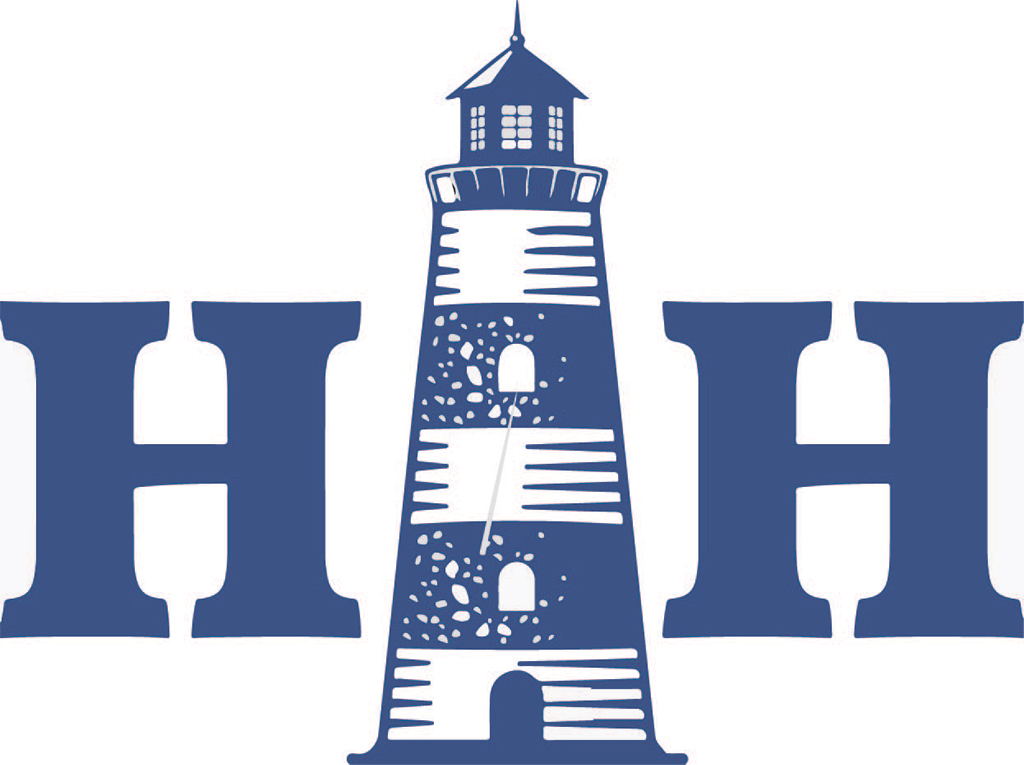Behavioral disorder counseling is a universal and all-encompassing term that describes multiple types of therapies to help individuals treat various behavioral disruptions. Behavioral counseling focuses on the concept that humans learn from their environment and experiences, intending to reinforce positive behaviors and eliminate negative ones. Harmony Harbors offers family counseling services to help families dealing with substance abuse and behavioral disorders to find calm waters.
Mental Health Disorders Treated With Behavioral Therapy
- Depression
- Anxiety
- Obsessive-Compulsive Disorder (OCD)
- Post-Traumatic Stress Disorder (PTSD)
- Panic Disorders
- Bipolar Disorder
- Phobias
- Eating Disorders
- Self-Harm
- Substance Abuse
- ADHD
- Borderline Personality Disorder
- Anger Management
Causes of Behavioral Disorders
It is impossible to pinpoint one cause for behavioral disorders. Certain factors can be more common for specific conditions. Research has revealed that behavior disorders are caused by several psychological, biological, and environmental factors and are usually a combination of each.
- Psychological factors like severe trauma, sexual or mental abuse, or neglect at an early age can cause behavior disorders later in life.
- Biological factors are most commonly traced back to genetics. Behavior disorders can run in families, and different genes can lead to an increased risk of developing a condition if a family member also has that behavior disorder. Other biological factors could be injury or infection, or substance abuse. Remember, alcohol is a depressant, and abuse can lead to anxiety, paranoia, or depression.
- Environmental factors that can lead to the development of behavior disorders include a family death or divorce, family issues, significant life changes such as moving or job changes, as well as low self-esteem, anger, or anxiety.
Types of Behavioral Counseling Offered at Harmony Harbors
- Family Recovery Counseling
- Substance Use Disorder (SUD) Counseling
- Behavioral Disorder Counseling
- Spousal Impact Counseling
- Grief Counseling
- Neurotypical Disorder Assessment
- Crisis Management Plan
- Off-hours support plan during crises
Techniques Used in Behavioral Disorder Counseling
There are many different techniques used in behavioral disorder counseling. Each form of therapy is dependent on the individual’s specific situation, mental disorder, and severity of the problem. Each therapy technique works differently for each person.
- Psychotherapy – A general term for “talk therapy.” It helps to identify the root of issues and cope with problems such as trauma, death, or life changes. Psychotherapy aims to eliminate or help manage symptoms to ensure a person can function better.
- Cognitive Behavior Therapy (CBT) – Focused on controlling or changing problematic or destructive thought patterns.
- Exposure Therapy – Utilizes exposing a person to the source of their fears while teaching relaxation strategies to help desensitize their fears and phobias.
- Aversion Therapy – Similar to exposure therapy, a person is exposed to unwanted behavior, only this time paired with a negative or uncomfortable reaction. For example, somebody who wanted to quit smoking would receive a small electric shock or foul smell while smoking a cigarette to associate the unpleasant reaction with the unwanted behavior.
- Systematic Desensitization – Based on the belief that behaviors and fears can be learned and unlearned. People are gradually exposed to fears, starting small and working up in intensity while learning to relax and concentrate on these fears. This is often successful in reducing phobias and anxiety disorders.
- Dialectical Behavioral Therapy – A form of CBT that combines behavioral and cognitive techniques to help people manage their emotions, engage in mindfulness, increase tolerance, and improve interpersonal relationships.
- Rational Emotive Behavior Therapy – Identify intrusive and destructive thoughts and feelings and challenge those thoughts and replace them with more sensible and positive ones.
- Social Learning Theory – Based on the theory that people learn through observation. Individuals observe others being rewarded for good behavior or punished for their bad behavior in hopes it can lead to learning and change. Social learning theory is typically geared toward adolescents.
- Hypnotherapy – Uses guided hypnosis to create extreme concentration, relaxation, and mindfulness to construct positive change in an individual while in a state of brief unconsciousness.
Does It Help?
This is the million-dollar question for behavioral disorder counseling. The short answer is yes. Research shows that behavioral counseling has led to some form of improvement in a large majority of patients. How well it works is dependent on several factors, such as the technique used, type of mental disorder, willingness and openness of the patient, and severity of the situation. Complex disorders such as schizophrenia often require other medication and treatments as well. While behavioral disorder counseling won’t be able to solve the underlying problems or factors contributing to mental health disorders, it is proven to help improve current situations and symptoms and find a balance to cope with and control mental disorders.
Why Partner With Harmony Harbors and Our Family Recovery Specialists?
At Harmony Harbors, our trained and experienced staff of Certified Family Recovery Specialists and Counselors take a family recovery approach to help the entire household deal with cases of substance abuse and behavioral disorders. Our method is to assess the family and loved one’s background and culture to fully understand the genetic and behavioral predispositions. Once we identify responsibility and useful takeaways, we work with the entire family on recovery, support, and continued growth toward each other.
In addition to individuals and families, our team is available for presentations relevant to Family Recovery at schools, community gatherings, rehabilitation centers, and mental health and wellness events. Please visit https://harmonyharbors.com/ or contact help@harmonyharbors.com or 1-877-538-5800 for more information.


